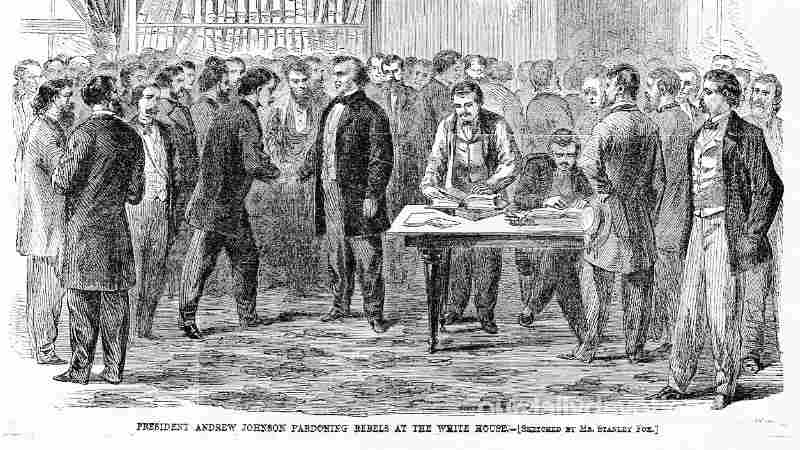The word comes from the Greek “apostelo,” which means “to send after oneself” or “on behalf of.”
In the New Testament it is applied to Jesus Christ, who was sent by God to save the world (Heb. 3:1), although it is more commonly applied to people who were commissioned by the Savior himself; that is, to each of the twelve disciples chosen by Jesus to form his special body of messengers: Peter, Andrew, John, James son of Zebedee, Philip, Bartholomew, Thomas, Matthew or Levi, Simon Zelotes, Judas Lebeus or Thaddeus, James son of Alphaeus, Judas Iscariot.
After his betrayal, the latter was replaced by Matthias (Mt. 10:2-42; Acts 1:15-26; see criteria in 1:21, 22). Although not chosen by Christ along with the previous ones, Saint Paul was also divinely called and instituted by Him as a special apostle to the Gentiles (Acts 9:1-31; 1 Cor. 9:11).
Paul could credit his title of apostle to having seen the resurrected Christ (Gal. 1:12; 1 Cor. 15).
The apostles were considered the superior heads of the early Church and direct repositories of Christian tradition.
They were held in great respect, but none of them exercised infallible and supreme primacy. Although there are several traditions regarding the life, work and purpose that each of the apostles had, after what is narrated in Acts, nothing is known about it at a fixed point.
The "Apostles' Creed" was not written by them, but it is called that because it contains in a compendium the main doctrines that the early Church professed, based on apostolic teachings.
Meaning of APOSTLE
The word comes from the Greek “apostelo,” which means “to send after oneself” or “on behalf of.”







